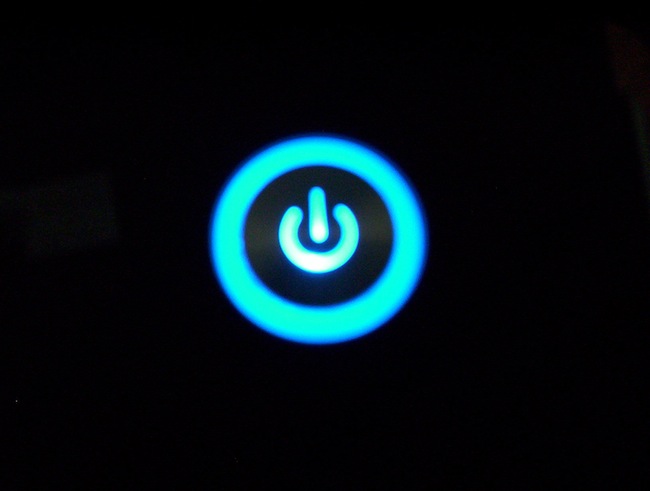English Labour MP Tom Watson today learned why logging off your computer is important when his office intern cracked what she thought a joke on his behalf.
What appeared to be a mis-step by the Member of Parliament bought predictable criticism from his enemies in politics and media, particularly given his role as a critic of News International.
The biggest risk in computer security are your staff and co-workers; they have access to your systems and the data saved on them.
In Tom’s case – like most business security breaches – the intern wasn’t being malicious, she was making a very valid point about a serious topic, it was her unfortunate choice of words that caused a problem.
Luckily for her, the boss has taken a mature attitude towards the problem – there’s many bosses who wouldn’t. So the intern seems safe unless the media can beat the story up further.
The moral for all of us is to log off or shut down our computers whenever we step away from them.
If we’re using public terminals in flight lounges, Internet cafes or hotels, then we should make sure we’ve logged out of our email, social media or banking services before the session ends.
Should someone leap on your system when you turn your back, you could find anything from your social media or email account used to send out fake messages about you being robbed through to your online bank balance being pillaged.
We often worry about evil, sophisticated hackers breaking into our accounts but often it’s these simple mistakes that let opportunistic thieves get our details.
Often it’s the simple things that bring us unstuck, so logging off is a good habit to get into. Tom’s intern is right.

Leave a Reply